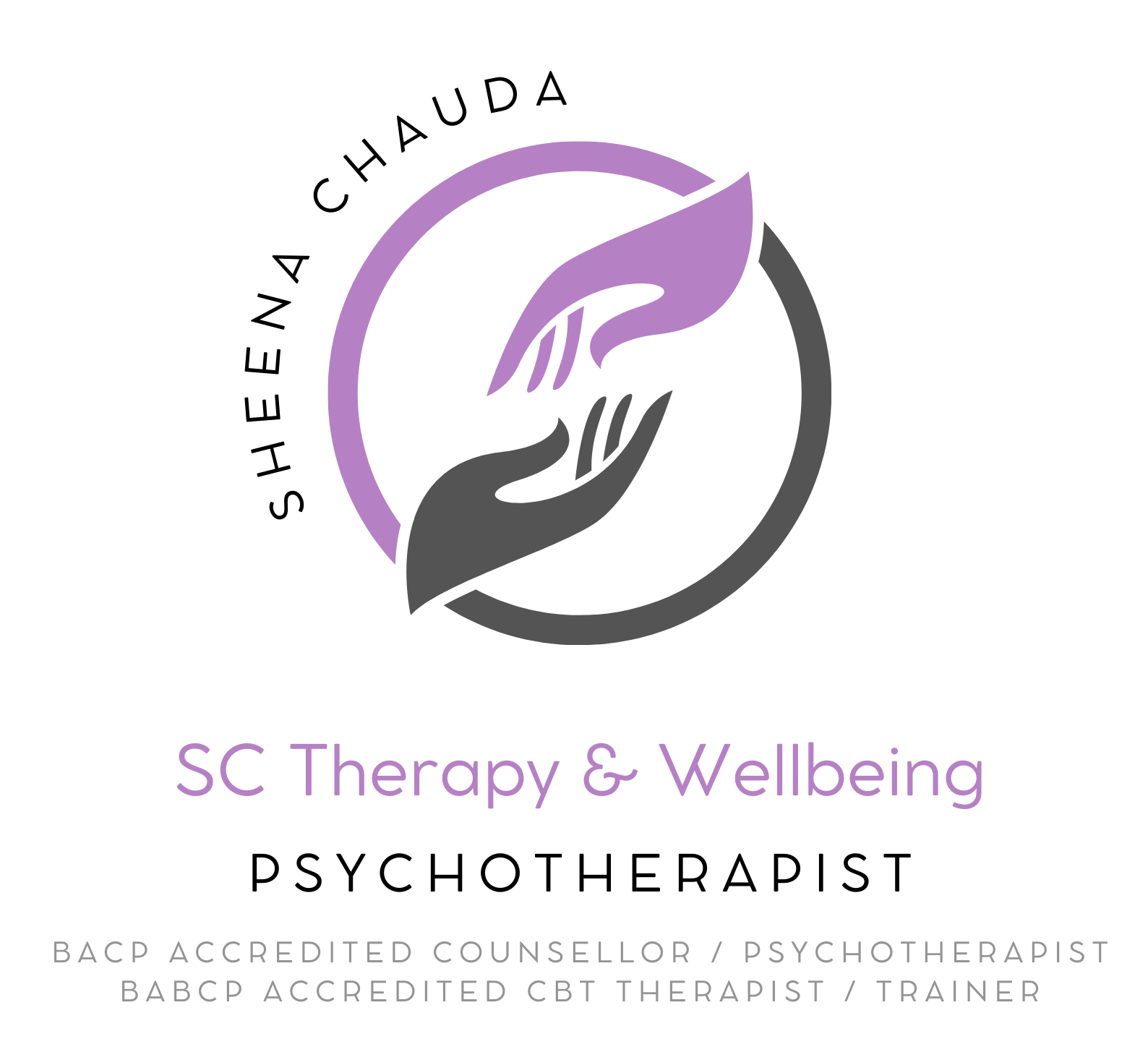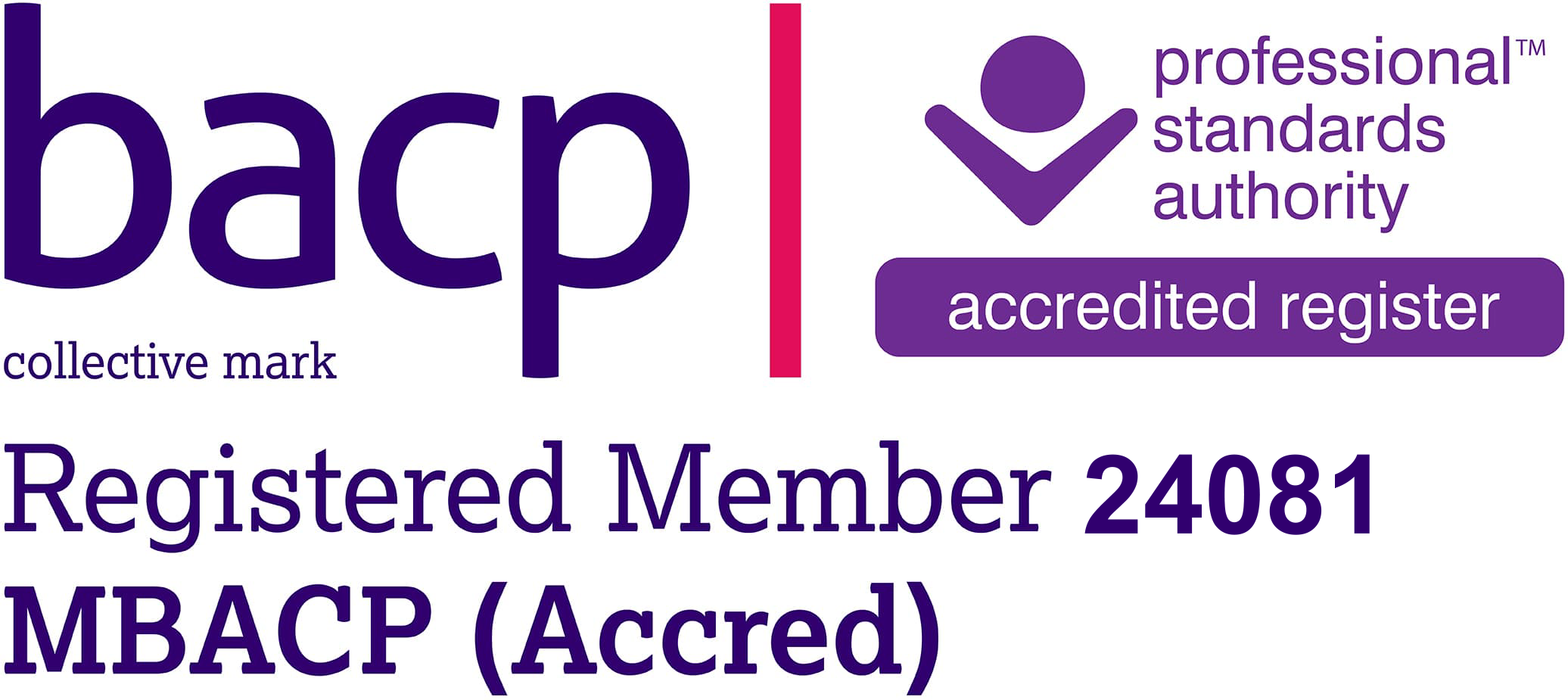EMDR (Eye Movement and Desensitisation Reprocessing)
When an individual experiences a trauma, it becomes locked in the memory network as it was experienced. Particular reminders of the trauma can trigger an emotional response, due to the fact that the memories related to the trauma are locked in the nervous system, and have not been processed.
Internal or external reminders of the trauma can cause the experience to almost flash into consciousness in it’s raw and original form. Theoretically the mind/body has a natural inbuilt information processing system that works to process and integrate information. When a traumatic experience occurs, the information processing system becomes interrupted, almost like a blocked wound in the body, leading to PTSD (Post Traumatic Stress Disorder) type symptoms such as flashbacks and nightmares.
In an EMDR session, the therapist will activate the clients’ information processing systems by asking them to focus on a “target” related to the trauma, such as the memory with the image, emotions, body sensations and negative beliefs associated with it. We are trying to stimulate the memory network where the trauma is stored. Once the memory network is stimulated, we add alternating eye movements or other forms of BLS (bilateral stimulation such as sound) which stimulate information processing. The eye movements that occur, as similar to those during REM sleep.
Each set of eye movements further unlocks the disturbing information, which then accelerates it along an adaptive path, until a state of calmness and integration is reached. An EMDR session can elicit strong thoughts, reactions and feelings, which is completely natural during the process, and will pass rapidly. EMDR integrates memory networks. EMDR can help you to resolve the impact of recent and past trauma, which can enable you to lead a more fulfilling life in the present moment.
EMDR is an 8 phased process, and during EMDR treatment you will be fully in control and alert. You are able to stop the process at any time that you wish to. During an EMDR session the therapist will help to facilitate your own healing, and intervene in the process as little as possible.
EMDR works very well for PTSD as well as other difficulties such as stress, depression, anxiety, pain, self-esteem and grief. There is a lot of widely published evidence to support the use of EMDR, and it is also regularly used in the NHS. It has helped millions of people and is recommended by NICE (National institute for Health and Clinical Excellence) as an effective treatment for PTSD symptoms.


